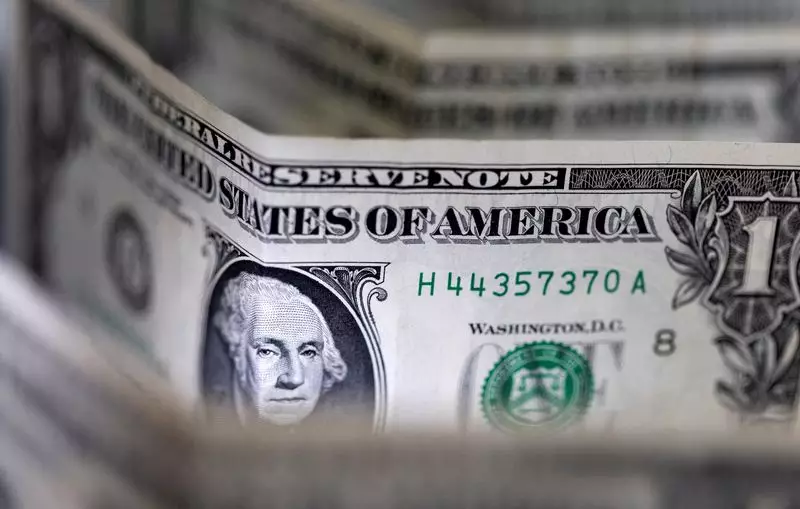The recent dynamics of the foreign exchange market underscore the significant influence of political events, particularly as the United States nears a presidential election. The US dollar has shown considerable strength, buoyed by speculation surrounding Republican candidate Donald Trump’s chances of winning. Analysts at UBS have pointed to a shift in market sentiment, with surging optimism regarding Trump viewed as beneficial for the dollar. As political landscapes change, currency trading strategies are adapting swiftly to these developments.
The prevailing sentiment among traders indicates that an increase in Trump’s polling numbers correlates with a favorable outlook for the US dollar. Observers have noted that economic policies under a potential Trump administration, which may include aggressive tariff implementations, are perceived as dollar-positive. This trend leads analysts to anticipate a stronger dollar in the short term, driven by the interplay of political developments and economic outlooks. Such correlations highlight the currency’s sensitivity to domestic political affairs, demonstrating how pivotal elections can shape market trajectories.
Despite the anticipated USD rebound, UBS forecasts project a slight decrease in the dollar’s value by the year’s end, introducing a layer of complexity for investors. The nuances of foreign exchange markets suggest that while immediate gains may be achievable, longer-term resilience is uncertain. This duality calls for careful navigation when designing trading strategies. Notably, UBS refrained from entering positions in EUR/USD and USD/JPY, citing factors like high implied volatility and negative carry within the yen market, which could dampen potential returns amid the election season.
Attention now shifts toward the upcoming European Central Bank (ECB) meeting, where a widely anticipated rate cut of 25 basis points is on the table. Market participants are currently bracing for this outcome, with little expectation of surprises. The anticipation of further monetary easing in Europe adds another layer to the currency calculus, particularly for the euro. Given how geopolitical developments shape economic policy decisions, the direct exposure of EUR/USD to US events suggests a careful watch on dollar movements will be necessary in the coming weeks.
As we navigate the complex intertwining of political developments and market responses, the importance of strategic foresight cannot be overstated. The ever-present uncertainty surrounding electoral outcomes could lead to heightened volatility in the currency markets. Investors should prepare for swift changes in sentiment and remain agile in their trading strategies. Keeping a close eye on both US and European political landscapes will be essential, as these factors will continue to drive significant movements in the global currency arena, influencing not just forex rates but broader economic forecasts as well.


Leave a Reply